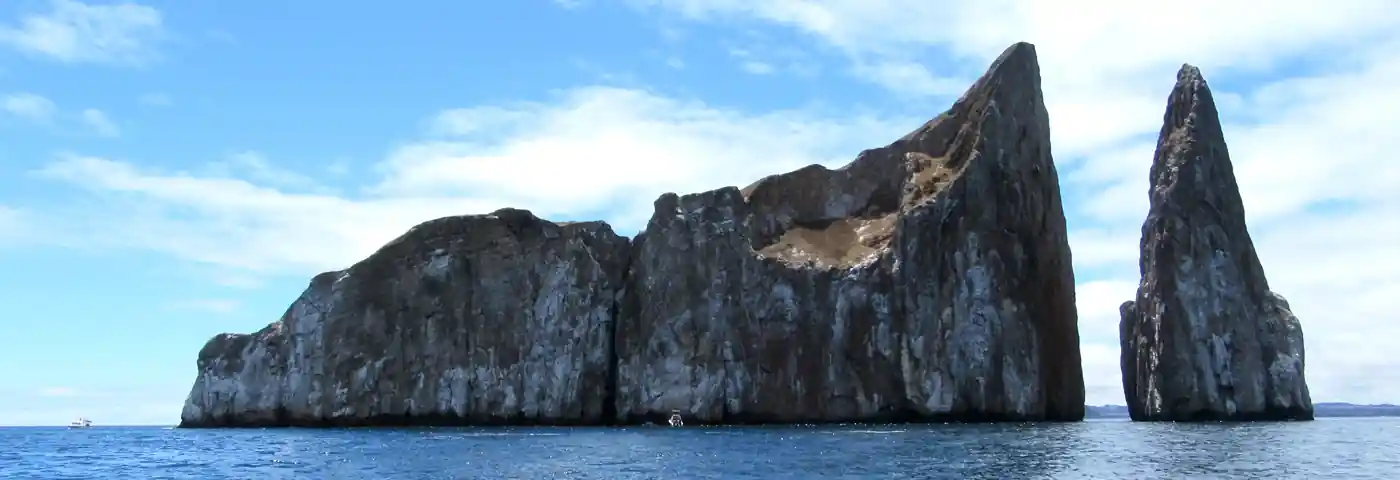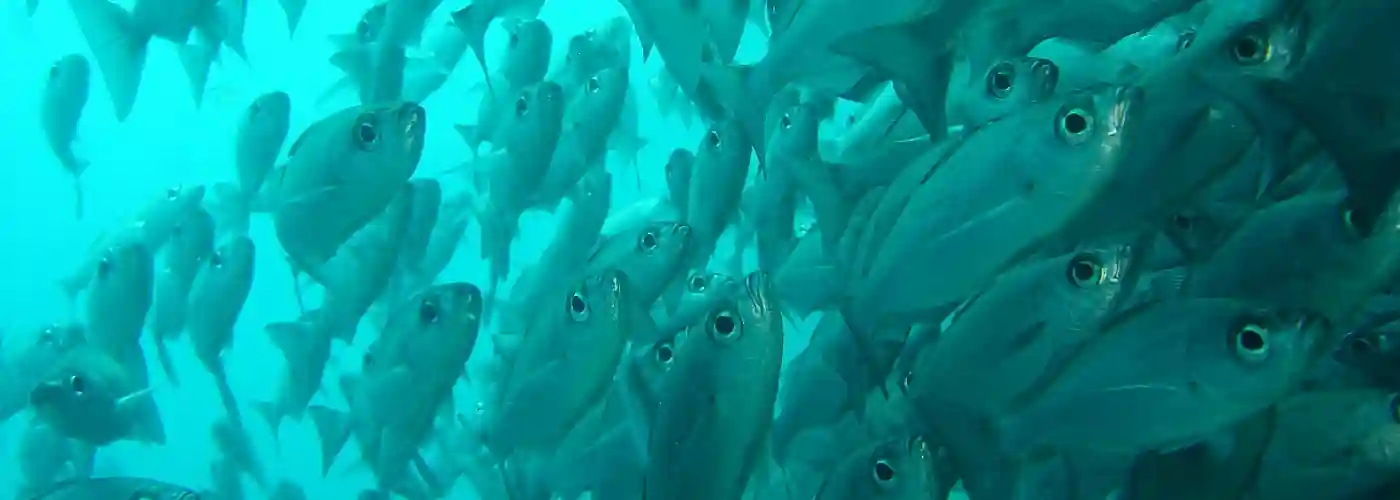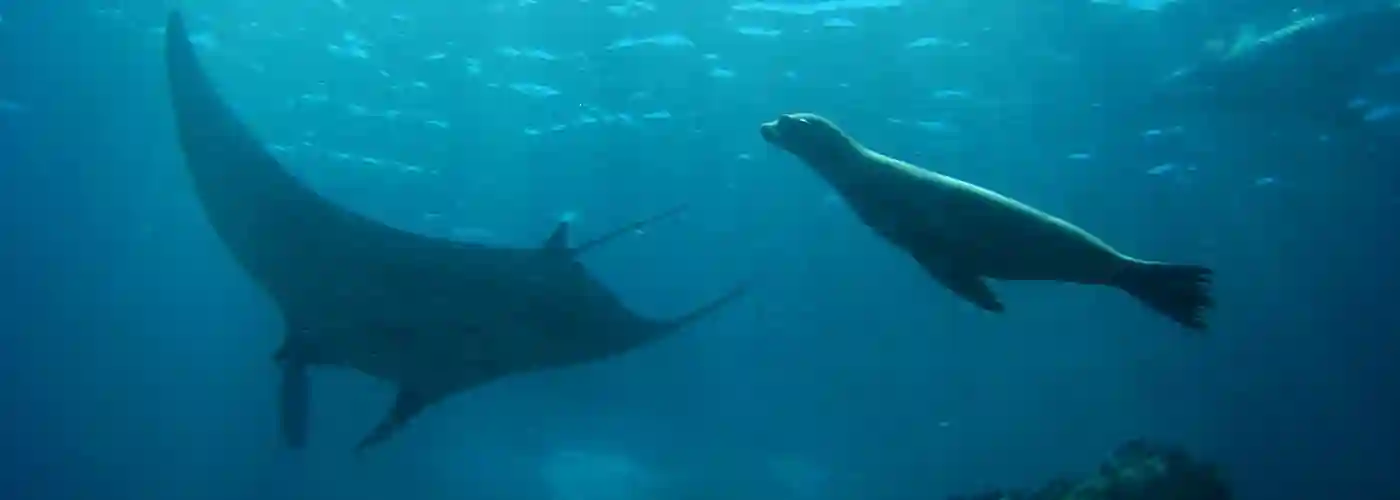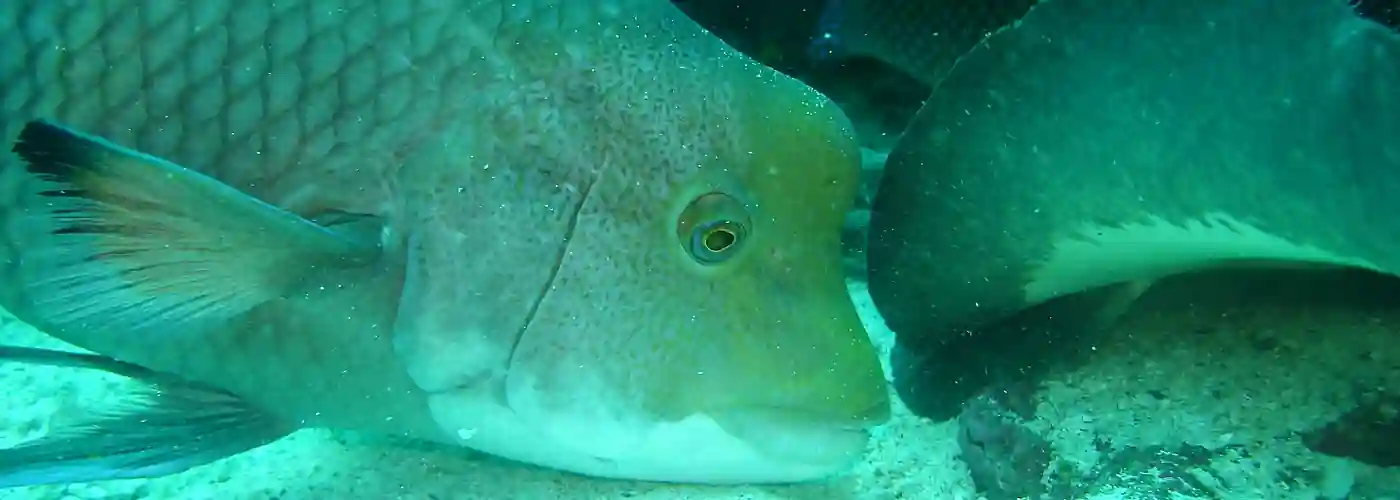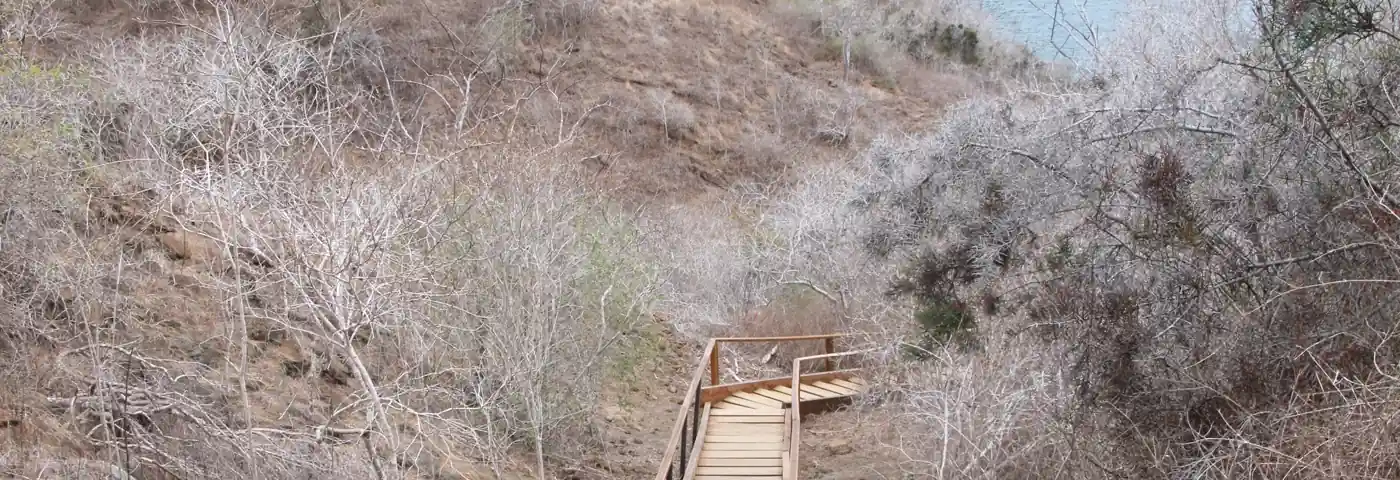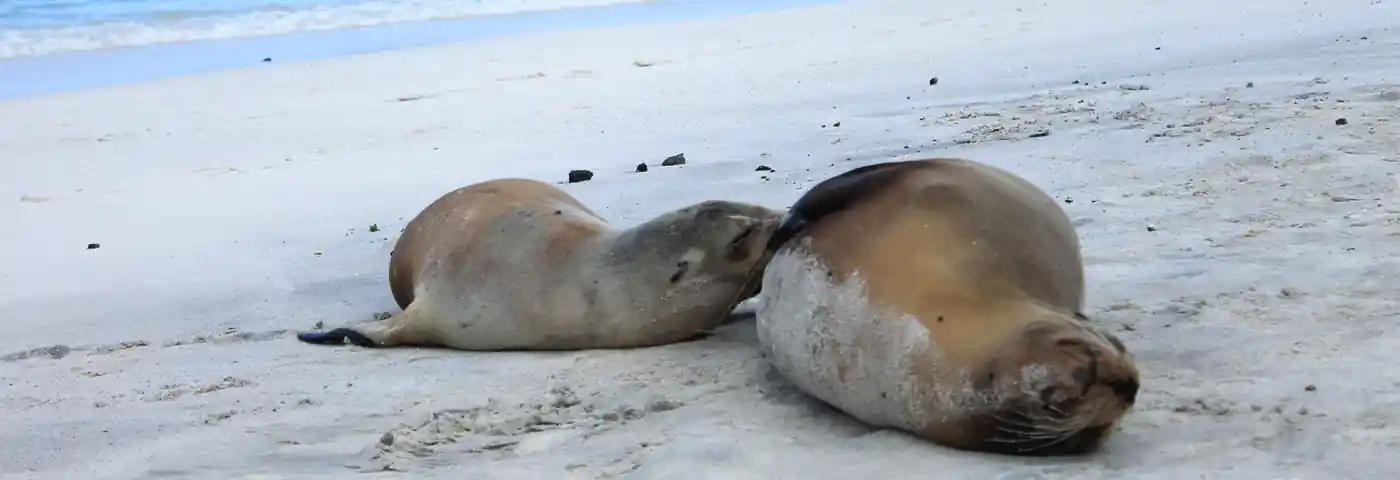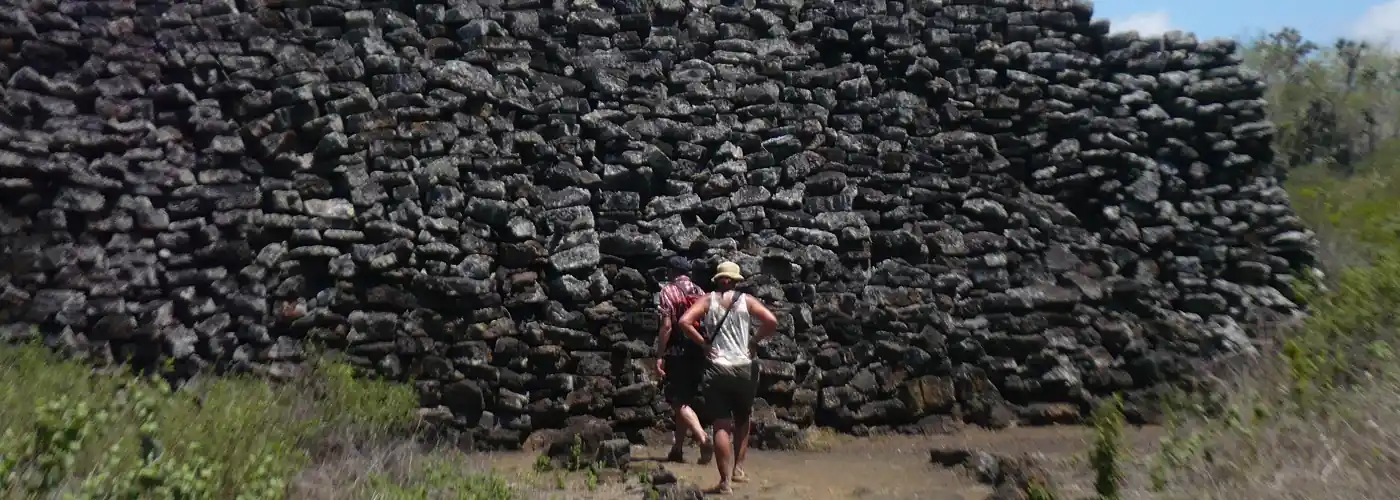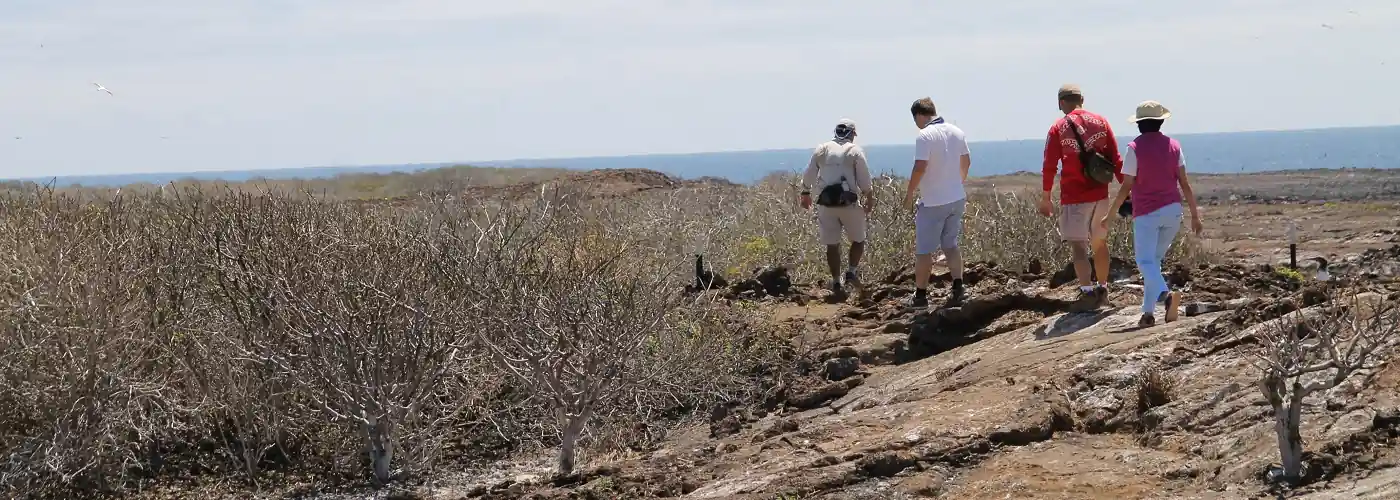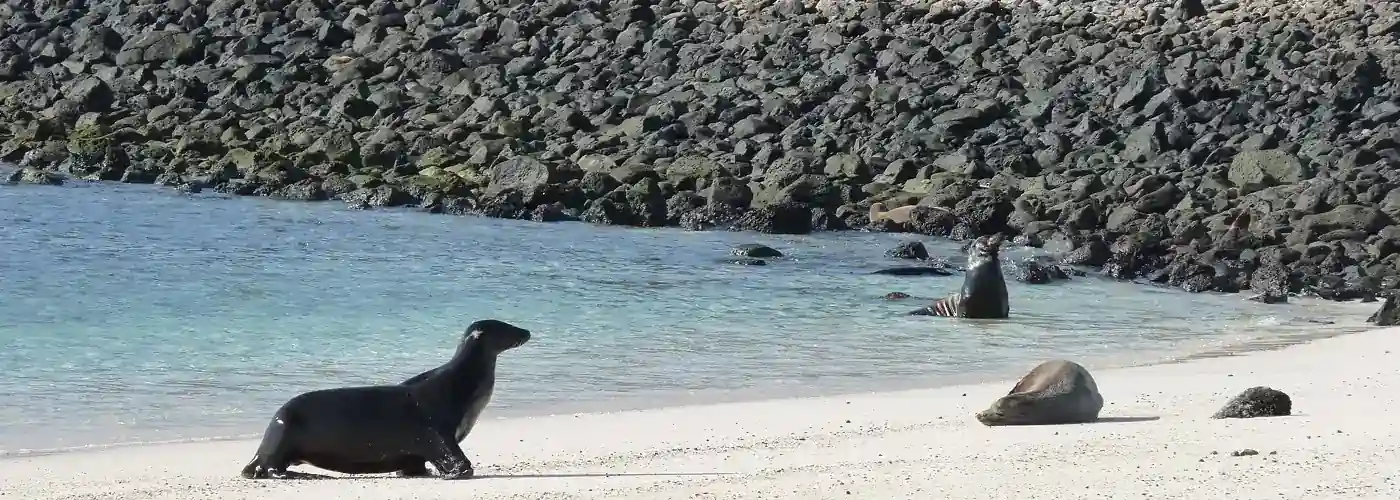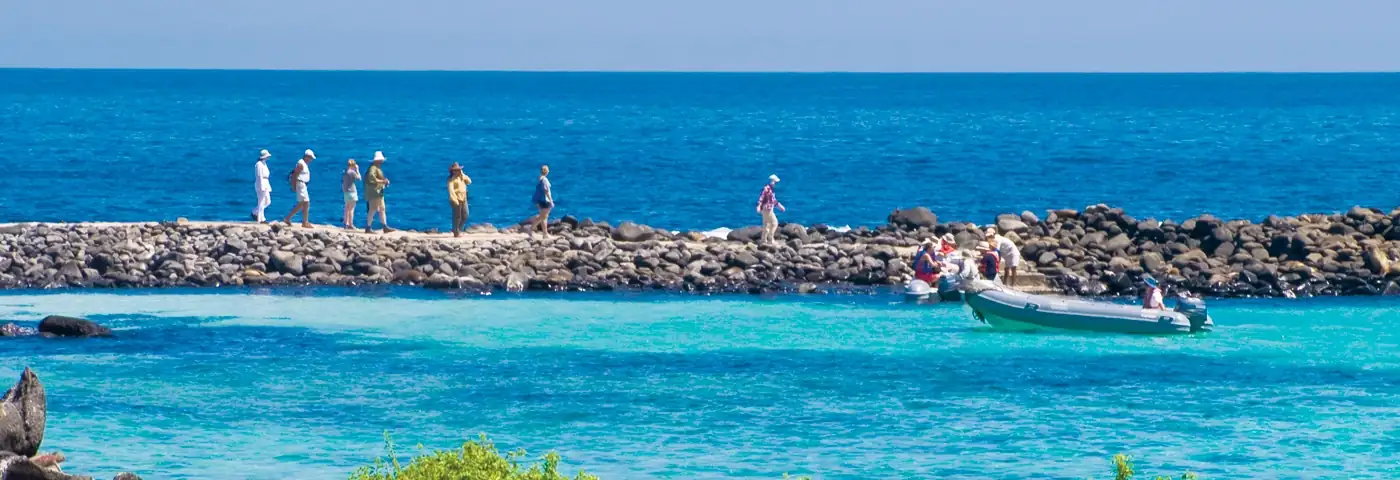8 days cruise yacht Galaxy – D
Route D (Sa - Sa): Central and Western Galapagos Islands
- 8 days
- 2-16
Highlights of the tour
- Hikes with magnificent views
- Red sand beach on Rabida
- Saltwater lagoon
- Galapagos giant tortoises
Overview
The yacht Galaxy takes you on a varied cruise through the Galapagos archipelago. During 8 days you will explore the beauties of the Galapagos Islands. Marvel at the diverse flora and fauna and learn interesting facts about the history of these unique islands.
You are likely to see species such as Galapagos giant tortoises, frigate birds and sea lions.
Of course, there is also plenty of time to relax, swim and snorkel, and you can really enjoy yourself on board the yacht.
Itinerary
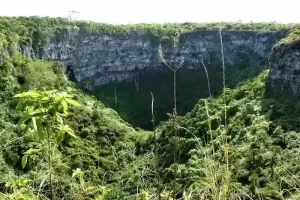
Afternoon – Highlands: You will visit the highlands of the island (so have your shoes and rain jacket ready). Observe giant tortoises in their natural habitat as well as a variety of native and migratory birds including tree finches, ground finches, Galapagos flycatchers and cattle egrets, often standing on the backs of tortoises.
Meals: Lunch/Dinner
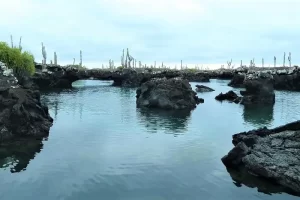
Afternoon – Elizabeth Bay: Elizabeth Bay can only be visited from the water. Passing the Marielas Islands, home to the largest penguin colony in the Galapagos, you will enter the bay. Here you can admire the red mangroves, their red roots and green leaves. Sea turtles, cormorants, spotted eagle rays, golden rays, brown pelicans and sea lions can be seen here!
Meals: Breakfast/Lunch/Dinner
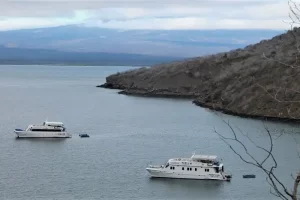
Afternoon – Tagus Cove (Isabela): You will navigate around Tagus Cove along the cliffs. From the rubber boat you have a good chance to see the Galápagos penguins, the flightless cormorants and other seabirds. From the dock it is about a 30-minute walk to the cliff top where you can see Lake Darwin. The lake contains more salt than the sea itself. You can also see some volcanoes from here. Look out for the graffiti on the surrounding cliffs of the bay! They were written by pirates and whalers in the last centuries.
Meals: Breakfast/Lunch/Dinner
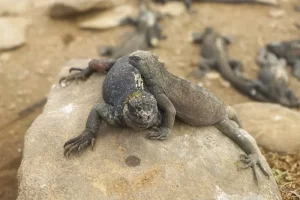
Afternoon – Albemarle Point (Isabela): Albemarle Point is located in the north of the island, this visit site consists of two areas: the first, a mangrove area between the lava flows Pahoehoe (lava solidified in a wave or by accordion) and which form coves and channels. This place is ideal for a panga ride. The second point to visit is the old radar station left near the beach by the Americans during World War II. The marine iguanas (Amblyrhynchus cristatus) of Punta Albermarle and West Isabela are the largest in the archipelago. On a panga ride you can observe flightless cormorants (Nannopterum harrisi), marine iguanas (Amblyrhynchus cristatus), seabirds and various marine animals.
Meals: Breakfast/Lunch/Dinner
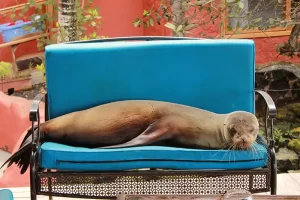
Afternoon – Espumilla Beach, Buccaneer Cove: Espumilla Beach is a visitor spot at the northern end of James Bay, on the west coast of Santiago. Hidden behind the beach are two picturesque lakes. The beach is an important breeding ground for turtles, which return year after year to bury their eggs in the cinnamon-colored sand dunes. Climbing a hill, you are rewarded with a beautiful view of the transition from sea to beach, to mangroves to Palo Santo Forest. At nearby Buccaneers Bay you will have the opportunity to snorkel.
Meals: Breakfast/Lunch/Dinner

Afternoon – Black Turtle Cove: This small cove is located on the north side of Santa Cruz Island and offers a unique setting for adventure. The scenery makes you feel like you’re in the Amazon rainforest instead of by the sea. Discover the tranquil emerald lagoon and the surrounding flat coves by rubber dinghy. The crystal-clear water gives you a view of groups of whitetip reef sharks, hammerheads and eagle rays.
Meals: Breakfast/Lunch/Dinner
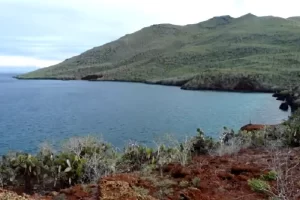
Afternoon – Chinese Hat: Chinese Hat is a 52-meter-high volcanic cone that forms another small island out of the rocky coast of Santiago, where a small colony of Galapagos penguins has settled. Because its primordial fire went out quite recently, this place is perfect for learning about volcanism, lava bombs and lava tubes. On the beach you can also discover pillow lava with coral on top. This area was originally underwater before it was raised above sea level. Beaches of white coral sand grow and the holes in the eroding lava fields are filled in with lava sand. Galapagos sea lions and marine lizards contribute to the fertility of the soil. All together they create further beneficial options for pioneer plants such as saltbush and the coloring sesuvium carpet.
Meals: Breakfast/Lunch/Dinner
Morning – North Seymour, Mosquera: The flat little island of North Seymour is an elevated part of the seabed. Among the scraggy bushes you can spot Galapagos iguanas. You will also see many seabirds such as the brown pelican, red-billed tropicbirds, fork-tailed gulls and, depending on the season, Nazca boobies. The main attraction, however, is Galapagos’ largest breeding colony of blue-footed boobies – be careful not to step on their nests! – and frigatebirds. Early in the breeding season, adult male frigatebirds inflate their bright red throat pouches to nearly the size of a soccer. You will then be transferred to Baltra Airport for your flight to the mainland.
Meals: Breakfast/Lunch/Dinner
- Included services
- Accommodation on board in a cabin with private bathroom
- All meals, water, coffee and tea
- All excursions as indicated in the itinerary (subject to change) with bilingual naturalist guide (English-Spanish)
- Airport transfers in Galapagos (only guaranteed if the flight is booked together with the cruise)
- Snorkeling equipment (mask, fins and snorkel)
- Towels for bathroom and beach
- Not included services
- International flight and Galapagos flight
- Entrance fee to Galapagos National Park (USD 200 per person, children under the age of 12 USD 100)
- Transit control card (USD 20 per person, subject to change)
- Airport transfers in Galapagos (if the flight is not booked together with the cruise)
- Wetsuit
- Soft and alcoholic drinks
- Tips
- Travel insurance and other personal expenses
Hints
Ask us for children or group discount.
Price not valid for Christmas and New Years´s Eve departures.
All prices are subject to change if local tax increases or other circumstances beyond our control occur.
The itinerary is subject to change at any time due to circumstances beyond our control.
In order to rent a wetsuit, we will need your clothing size (S/M/L/XL) before your arrival in Galapagos. Standard wetsuits with a thickness of 3 mm are rented.
Travel Insurance:
To protect your travel investment, we highly recommend the purchase of travel insurance. Travel insurance is intended to cover medical expenses, trip interruption and cancellation, theft and other losses incurred while traveling domestically or internationally.
Visa and Entry Requirements:
Ecuador requires a valid passport (with a minimum 6 months validity). Contact your local embassy or consulate for the most up-to-date visa requirements.
Other interesting cruises
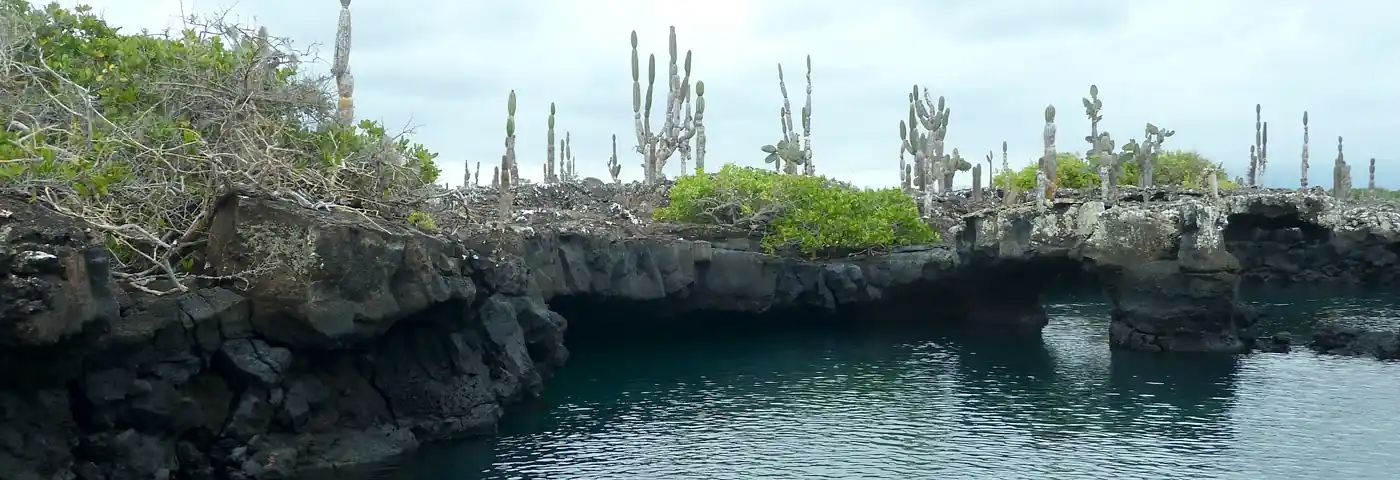
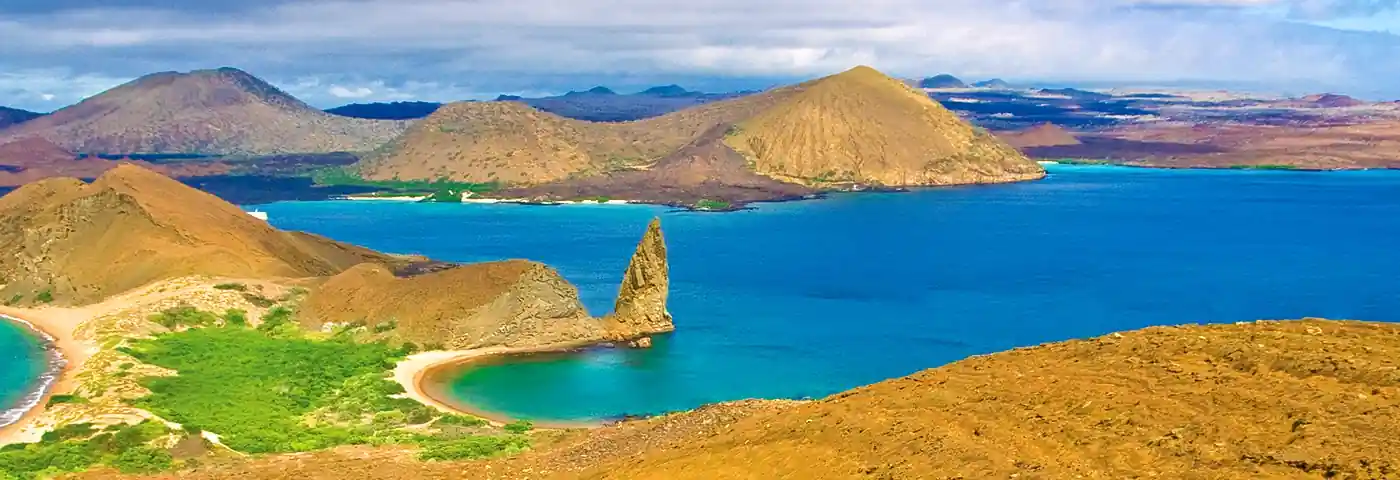
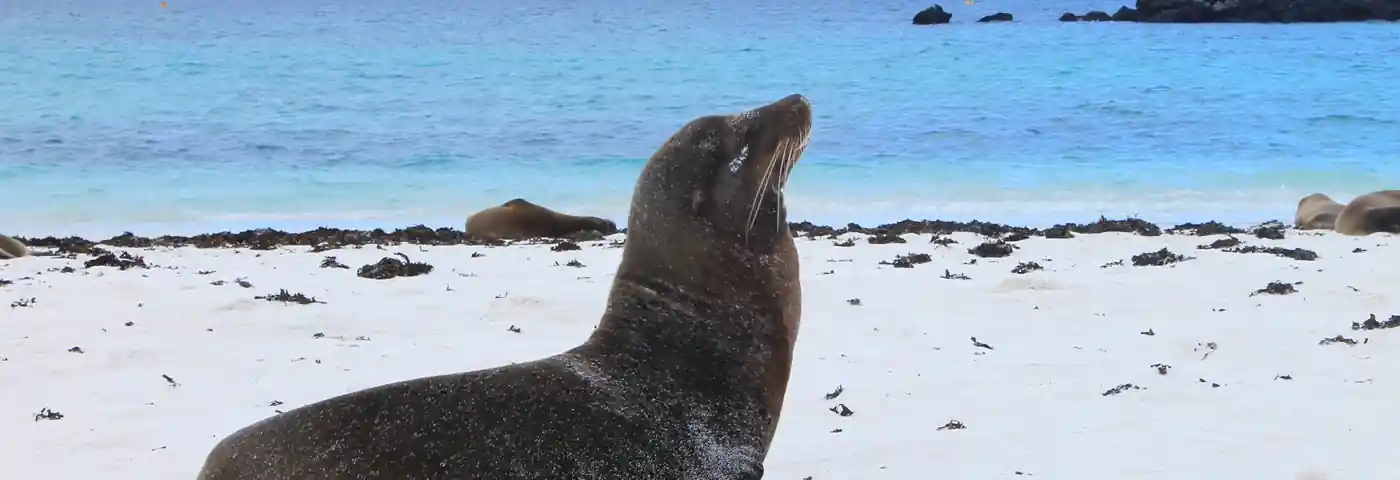
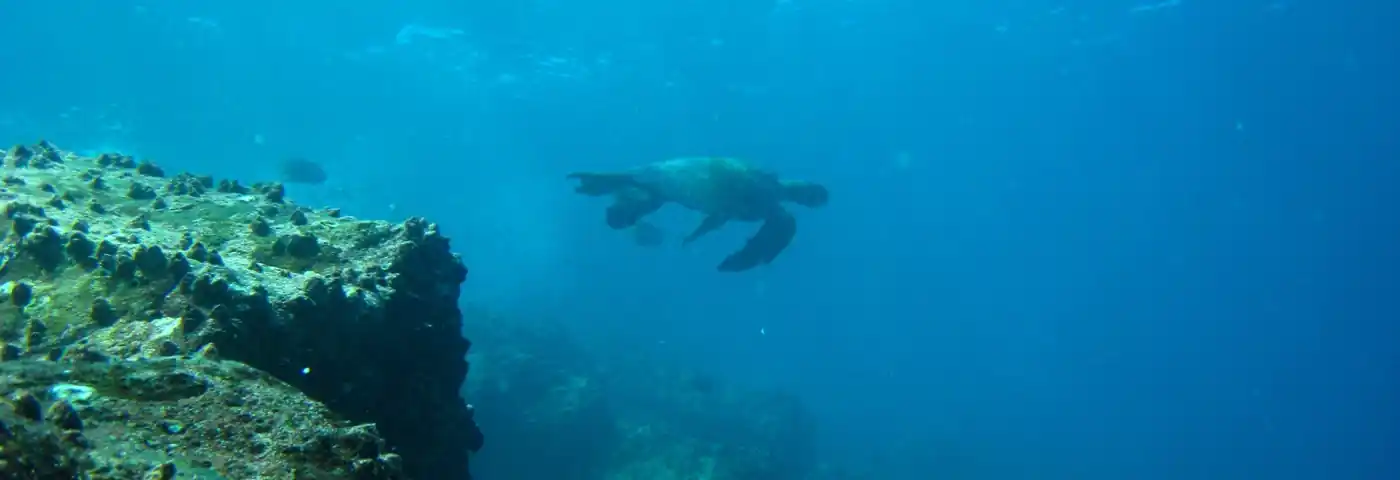

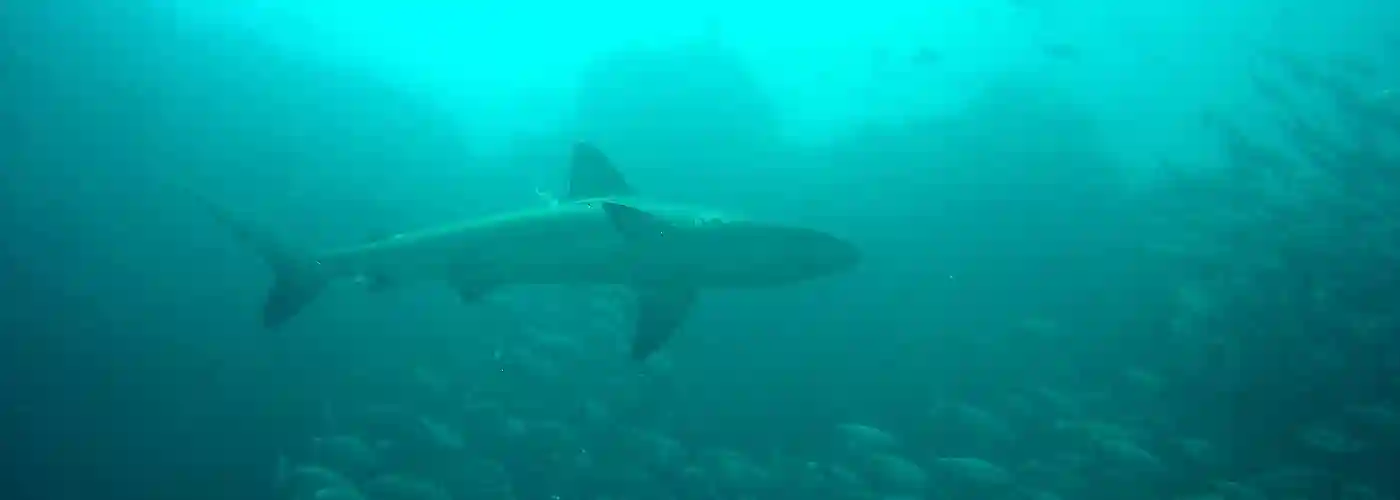
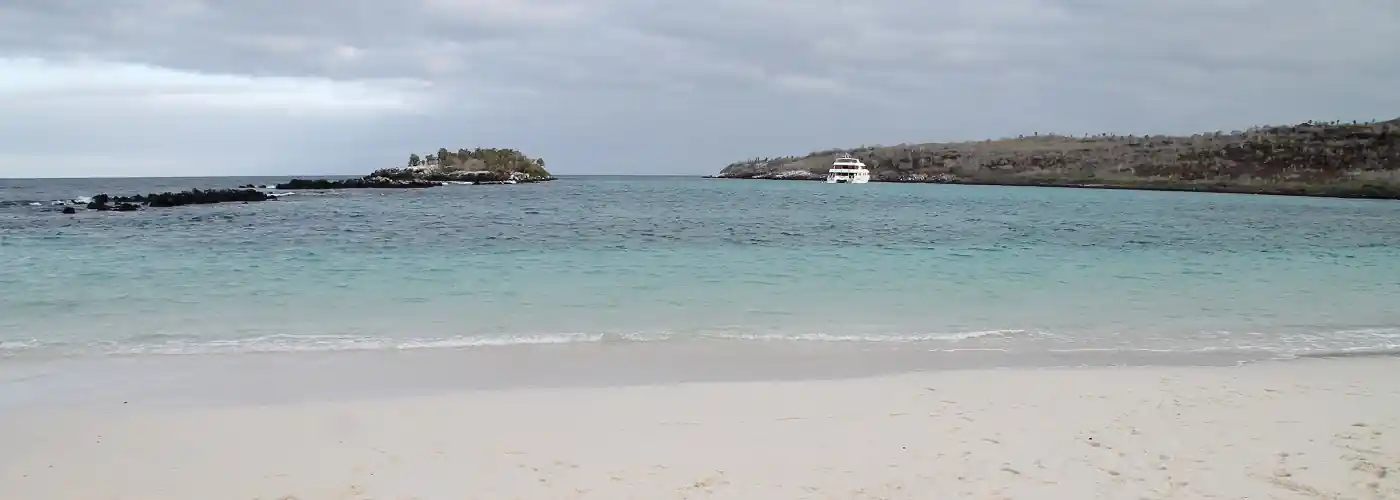
- 8 days
